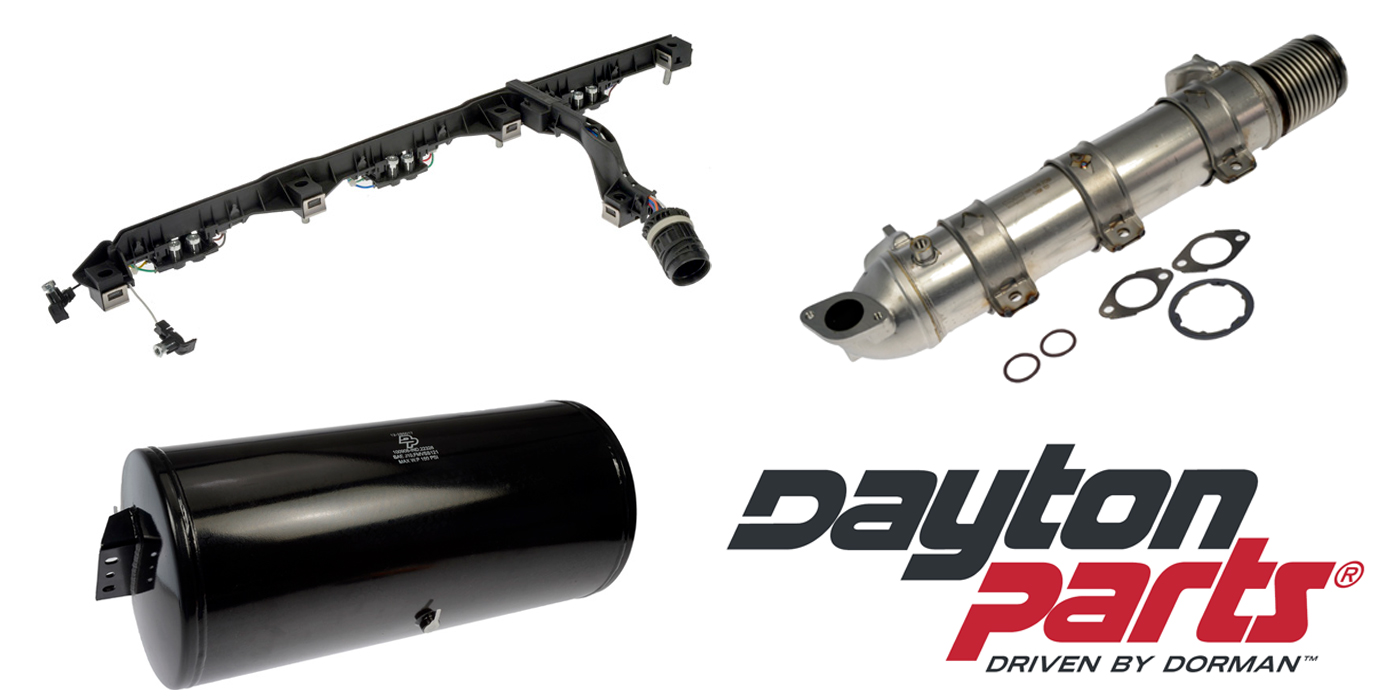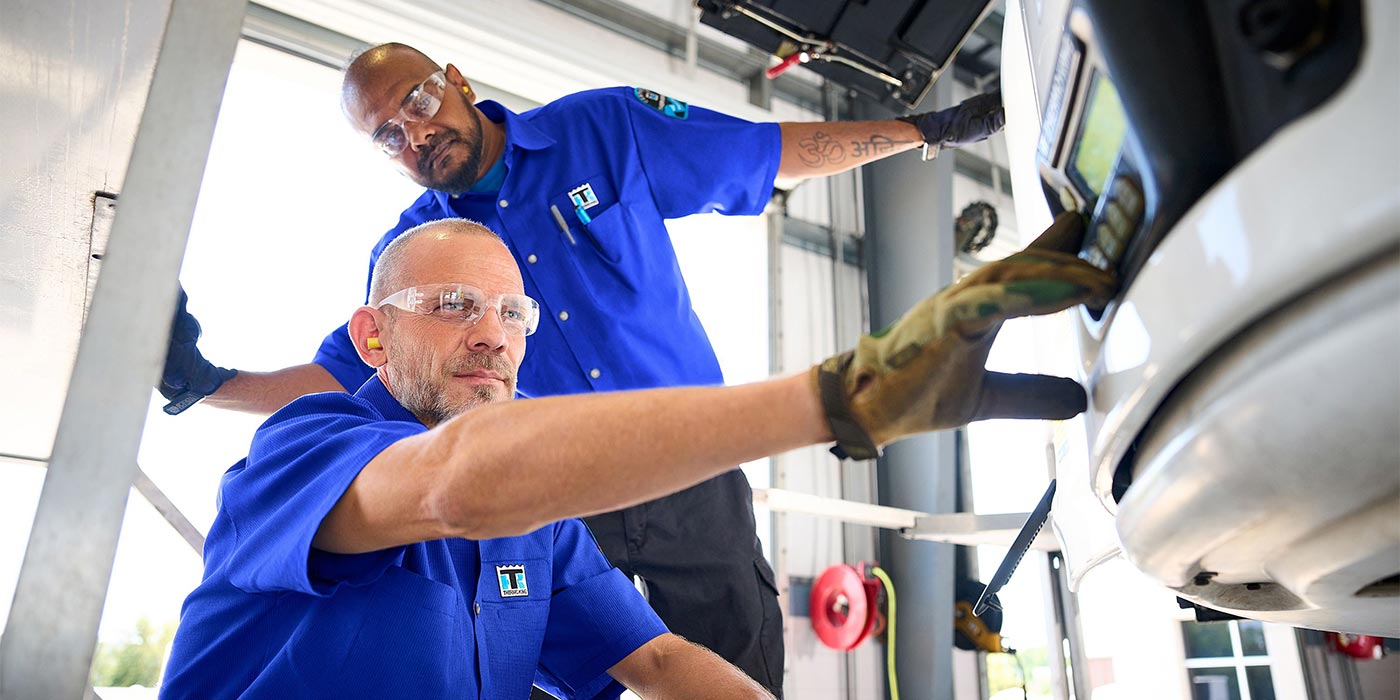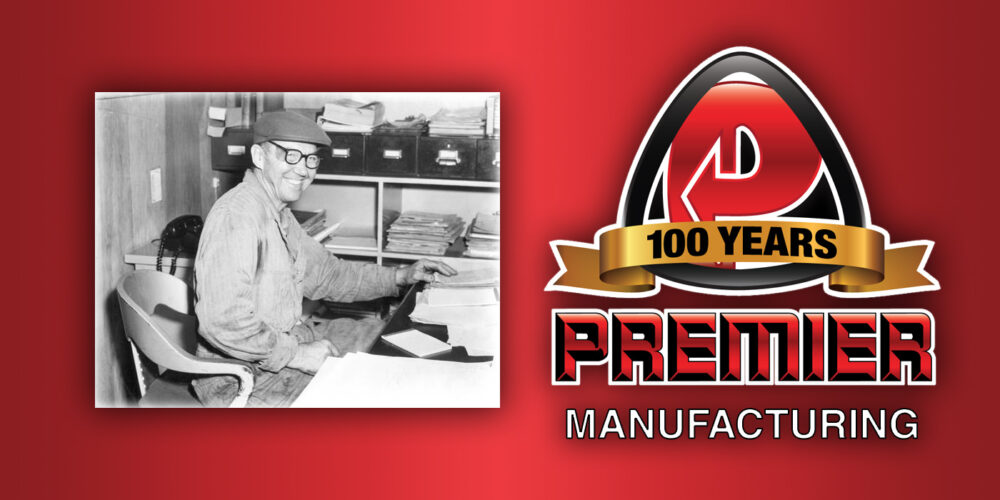Premier Manufacturing marks 100 years in business
Now a part of High Bar Brands, the Oregon-based manufacturer has produced trailer safety components for over a century.
Premier Manufacturing recently announed the celebration of its centennial anniversary. The brand was founded by Dewey Weiss in Portland, Oregon, producing a pintle-style coupling for heavy-duty trucks and trailers. The brand is now a part of High Bar Brands.
Premier Manufacturing has grown from a small business in Portland to its current location in Tualatin, OR, where it produces couplings, drawbar eyes, dolly jacks, hinge assemblies, and front-end assemblies. Premier adds that it has long focused on innovation, evidenced by nearly 50 mechanical patents granted during its first 100 years in business. Five patents remain active, and all five were granted within the last ten years.
FlowBelow introduces AeroFender device for drag reduction, fuel efficiency improvement
Independent testing found that FlowBelow’s new AeroFender saved 1.49 gallons of fuel for every 1,000 miles driven.

Link redesigns LB20 ramps
Link’s LB20 ramps are 25 pounds lighter, feature spring-assist lift mechanisms, stow at an 8-inch vertical depth and are easier to install.

PACCAR Parts names Weller as 2023 Supplier of the Year
Throughout 2023, Weller contributed to PACCAR Parts overall network performance by exceeding 17% y/y growth.

Clore Automotive appoints new vice president of sales
The company says his invaluable experience and customer-centric approach make Dan Lucas right for the role.

Other Posts
Continental Tire opens Retread Solutions Center in South Carolina
The company hopes to uncover new improvements and technologies to innovate the retread process.

Akebono launches severe-duty brake pads for Ford models
The company says its new brake pads last longer and can lower maintenance costs, while still providing the stopping power fleets need.

Dayton Parts introduces fuel injector wiring harnesses, EGR coolers, trailer air tank reservoirs
Fuel injector wiring harnesses, exhaust gas recirculation coolers and trailer air tank reservoirs designed to match OEM spec.

Thermo King launches Electrification Readiness Program
The dealer program is designed to enable customers’ transition to more sustainable fleet solutions, improved efficiency and decarbonization.






